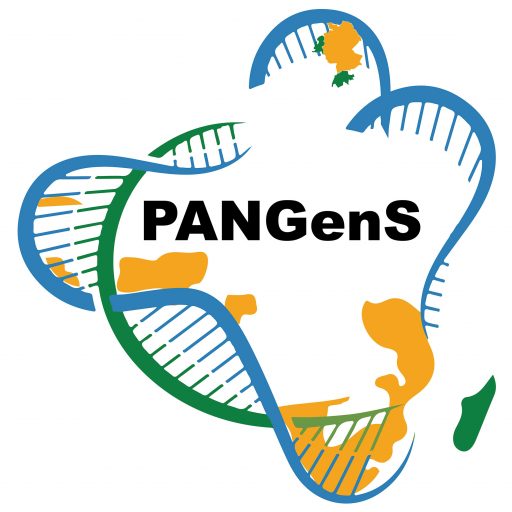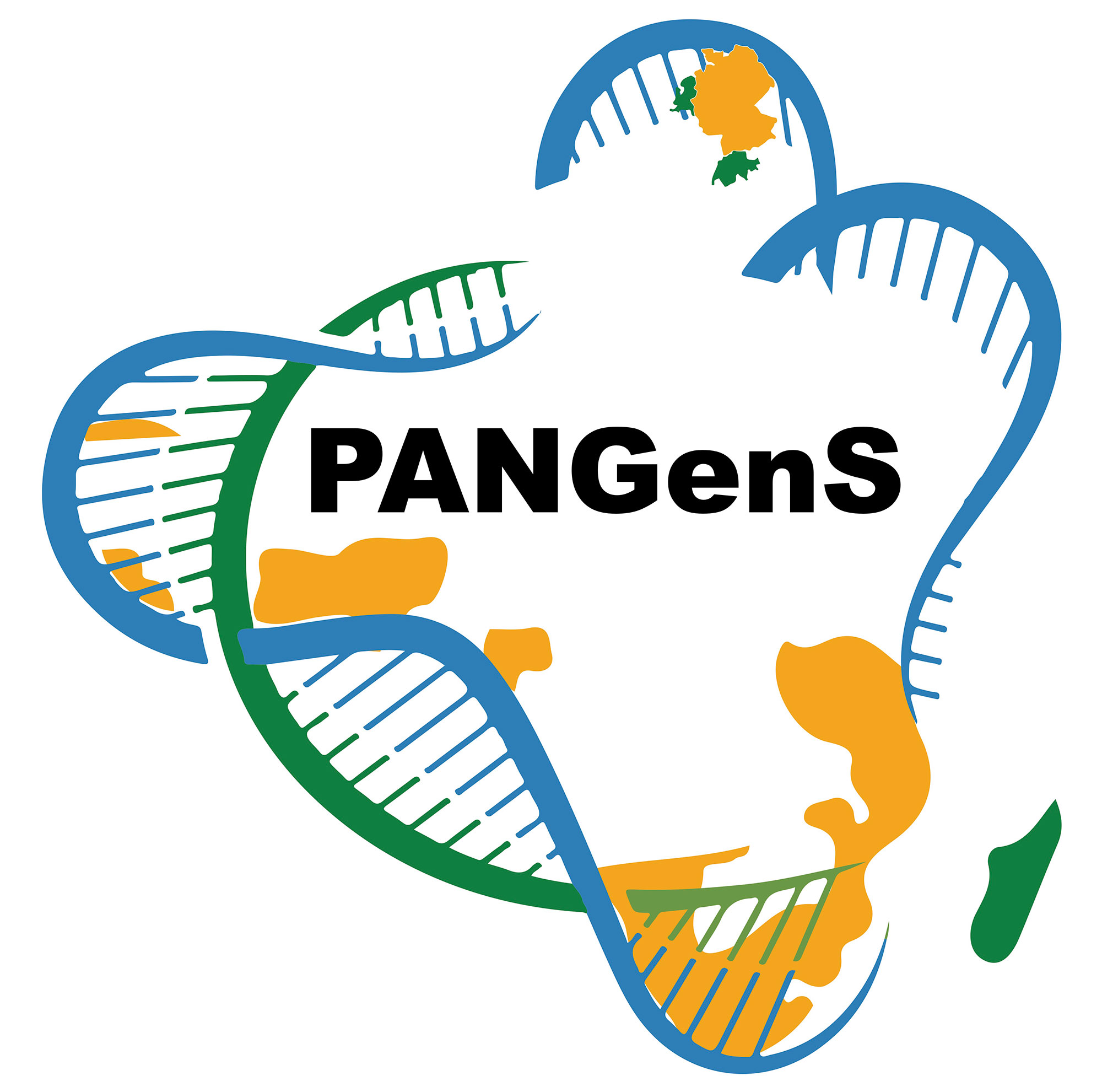The University of Namibia (UNAM), is the country’s premier and the biggest tertiary education institution in the country. It consists of four faculties and 12 campuses country-wide. This outreach makes UNAM a truly community-based institution, renowned for its academic excellence, outstanding research, and community development projects. It is a diverse institution with a student population from 41 countries around the world. Although a relatively young university, it has grown to support a student population of over 30 000. The University of Namibia was established by an Act of Parliament, on 31 August 1992. The institution is headed by a Chancellor, which is a titular position, and therefore not directly involved in the day to day running of the institution. The Vice Chancellorship, functions as Chief Executive Officer of the University and reports directly to the University Council. The UNAM Council is the highest decision making body of the University. Through its core business of teaching, research, innovation and community service, UNAM remains a major contributor to the economic, social and cultural development of the country. Through varied activities, UNAM serves multiple citizens worldwide by building links with industry, employers, schools and government agencies. UNAM recognises and values the importance of research in the creation and dissemination of new knowledge and fostering socioeconomic development by addressing challenges faced by society. The University supports and promotes research that enhances the institution’s role in making a positive difference to the quality of lives of members of society. UNAM has thus put in place enabling structures, processes and procedures in order to realize these goals.
MISSION STATEMENT
To contribute to the achievement of national and international development goals through the pursuit of translational research, quality training and innovation.
VISION STATEMENT
To be a sustainable international hub of excellence in higher education, training, research and innovation by 2030.
CORE VALUES
The following core values define our code of conduct, behaviour, ethics guidelines, interactions and decision-making (hiring, promotion, relationships building, etc.).
- PROFESSIONALISM
A commitment to and dedication in relations with other people, and competence in the workplace. The key associated behaviours include excellence, effectiveness, ethics, kindness and politeness. - EQUITY
Refers to fair and impartial treatment of colleagues, customers and stakeholders, regardless of differences. Fairness, patience, tolerance and embracing diversity are the key associated behaviours for equity. - INTEGRITY
Refers to honesty and loyalty in our conduct with others Integrity is associated with key behaviours such as openness, trustworthiness, reliability and dependability. - ACCOUNTABILITY
Due diligence in completing assigned tasks, while also taking responsibility for actions. UNAM identifies accountability with due diligence, transparency, responsibility and commitment as the key associated behaviours.
Official Website URL: https://www.unam.edu.na/
Team
Dr Emmanuel Nepolo
Principal Investigator: Namibia
Responsibilities: Oversee the implementation of Work-package 3 tasks on the surveillance of drug resistance M tuberculosis complex strains by Whole Genome Sequencing in Namibia and associated consortium tasks.
Email: enepolo@unam.na
Tel: +264812947067

